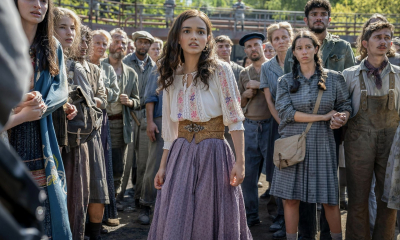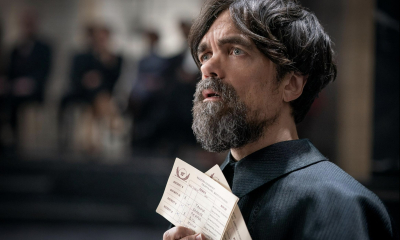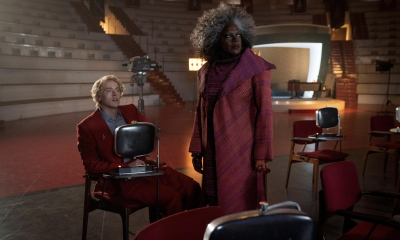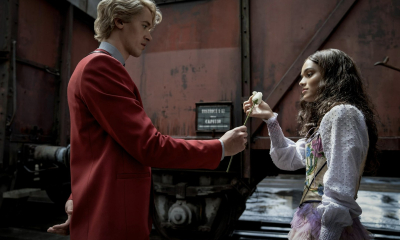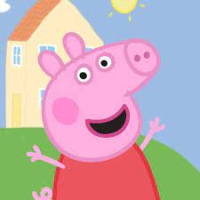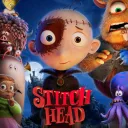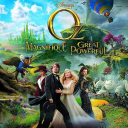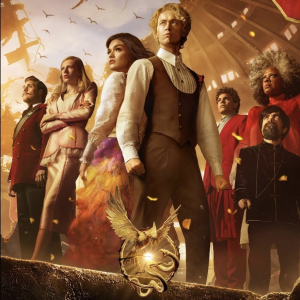
The Hunger Games: The Ballad of Songbirds and Snakes Review
"The Hunger Games: The Ballad of Songbirds and Snakes" transports viewers back to the dystopian world of Panem, unearthing the origins of many characters and dynamics that shape the main series. This film delves into the early years of Coriolanus Snow, adding rich layers to the lore established in Suzanne Collins' acclaimed trilogy. The film seeks to blend a new narrative with the familiar, striking a balance between fan service and introducing new story elements.
Operator and Graphics Work
The cinematography and graphics work in "The Ballad of Songbirds and Snakes" are nothing short of captivating. The film's visual narrative is highlighted by stunning shots of the Capitol’s opulence contrasted with the harsh realities of the districts. CGI elements, particularly in the arena sequences, are executed with finesse, adding to the immersive experience. However, there are moments where the special effects feel somewhat inconsistent, slightly pulling the viewer out of the otherwise cohesive world-building.
Script and Plot
The script and plot of "The Ballad of Songbirds and Snakes" are meticulously crafted, aiming to provide depth and context to President Snow's enigmatic persona. The storyline follows a young Coriolanus Snow, who is trying to secure his family's fading legacy during the 10th annual Hunger Games. While the film succeeds in painting a complex villain origin story, it occasionally feels bogged down by over-exposition and slower pacing in the middle acts. Nevertheless, the emotional stakes and moral dilemmas are potent, capturing the essence of Collins' writing style.
Soundtrack
The soundtrack of the movie elevates the tension and drama inherent in the storyline. Composed by James Newton Howard, the music seamlessly blends haunting melodies with grand orchestral arrangements, mirroring the film’s shifting tones. The soundtrack manages to resonate with the iconic themes of the original series while introducing new compositions that capture the unique spirit of this prequel.
Bottom Line
Overall, "The Hunger Games: The Ballad of Songbirds and Snakes" is a commendable effort to expand the universe of Panem through a nuanced portrayal of one of its most infamous characters. While the film excels in many areas, including its thematic depth and visual splendor, it is not without its faults. Despite these shortcomings, it offers a gripping and thought-provoking narrative that will undoubtedly satisfy both long-time fans and newcomers.
Pros
- Rich character development
- Compelling visual storytelling
- Strong thematic depth
- Impressive soundtrack
- Expands the original series' lore
- Engrossing moral conflicts
- High production value.
Cons
- Occasional pacing issues
- Inconsistent special effects
- Over-exposition at times.
Screenshots
